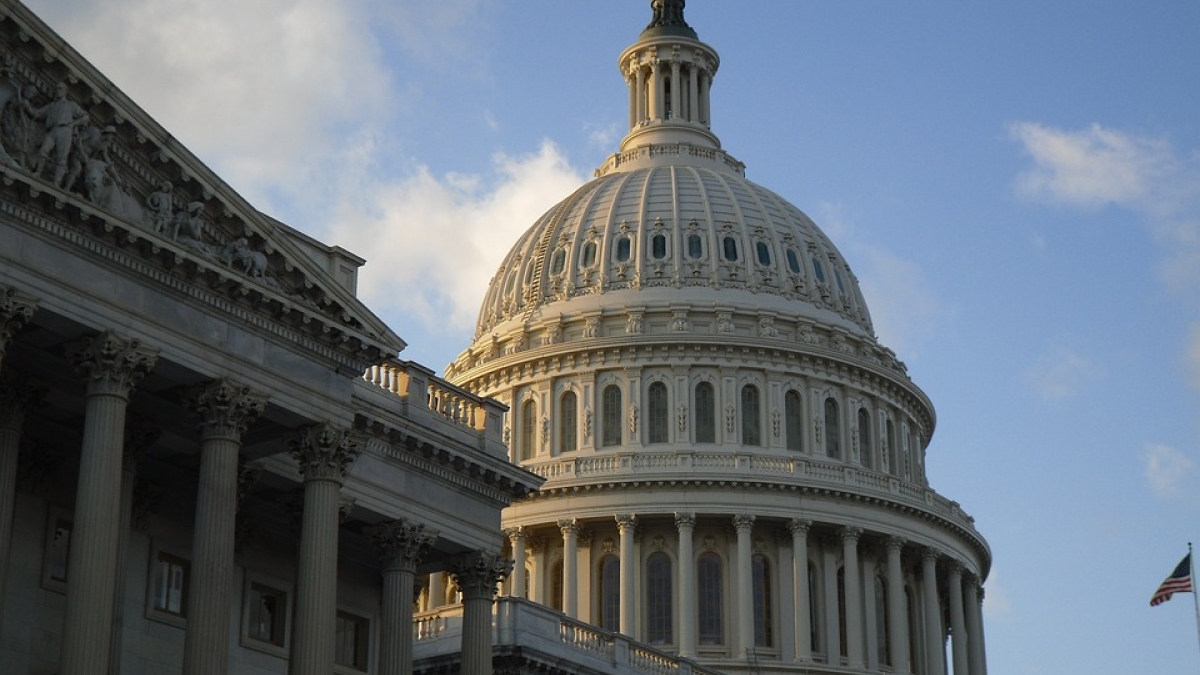Candidates running for political office have typically been expected to keep their noses clean and offer voters a crime-free reputation. Those days seem to be behind us.
Four Republican candidates running for Congress in the 2018 primary election season, including former Maricopa County Sheriff Joe ArpaioIn addition to Arpaio, three other convicted criminals are running for office as Republicans, including former Rep. Michael Grimm in New York, Rep. Greg Gianforte in Montana and recently defeated West Virginia Senate candidate Don Blankenship. , are not only seeking a seat in public office but are wearing their criminal records like a badge of honorDemocrat David Alcorn, who is running for Congress in New Mexico, also has a conviction in his past, but his campaign has sought to distance him from that image.. These candidates are embracing their past and ushering in a new era of unabashed honesty. But will it get them elected?
To better understand how and why these tainted office-seekers are running, ASU Now turned to Stefanie A. Lindquist, deputy provost and vice president for Academic Affairs, and Foundation Professor of law and political science at Arizona State University.
Stefanie A. Lindquist
Q: In the not so distant past, convicted criminals rarely contemplated running for political office. Now we have a rash of them. Why has the tide turned?
Answer: Individuals convicted of a crime have never been disqualified from running for Congress or the presidency; the Constitution only sets qualifications such as age and citizenship. A clean criminal record is not one of those qualifications. The Supreme Court has invalidated laws that attempted to add these qualifications on several occasions. The only exemption to this is Section 3 of the Fourteenth Amendment, which was intended to disqualify loyal former Confederates from running for office. Since the time of the Adams presidency, members of Congress have been elected even after having been convicted of crimesCongressman Matthew Lyon was reelected to office while in prison for a 1798 conviction under the Sedition Act for having criticized President John Adams.. However, laws governing qualifications for state office do in some cases disqualify those who have been convicted from state-elected office. My home state of Pennsylvania is an example.
Q: Is it the case that felons and convicted criminals might lose their right to vote but can still run for political office?
A: Yes, that can happen in some states. Obviously, it’s very odd. Because some states disenfranchise felons from voting in state and federal elections, it is possible that a felon could run for federal office but not be able to vote for him or herself in the election. This is also conceivable for state office seekers as well.
Q: Do you see the number of people with criminal convictions running for office as a sign that people are more forgiving these days — or does this represent another force at work in our society?
A: Although felons or misdemeanants running for office is not new, the level of polarization in our politics today is high. I believe this is contributing to the phenomenon you identify. We have had polarized politics in the past, but perhaps more than any other time since the Civil War (when polarization over slavery led to secession), the electorate and political elites have reached an extreme level of polarization. This is for a number of reasons, including gerrymandering, geographic sorting, party realignment in the South, and so forth. The resulting "Us vs. Them" mindset is toxic to the Rule of Law, as partisans disbelieve or discount criminal prosecutions initiated by administrations governed by the opposing party.
This should cause alarm for all Americans, since it is an indicator that justice institutions — even though they are bound by extensive procedural protections for defendants charged with crimes — are no longer trusted to enforce the law without bias. Again, history has examples of this, with the Sedition Act a very prominent one from the early days of the Republic, but that doesn’t mean this trend isn’t very worrisome now.
More Law, journalism and politics

TechTainment conference explores the crossroads of law, technology, entertainment
What protections do writers, actors, producers and others have from AI? Will changing laws around name, image and likeness (NIL) eliminate less lucrative college sports?And what does the No…

How to watch an election
Every election night, adrenaline pumps through newsrooms across the country as journalists take the pulse of democracy. We gathered three veteran reporters — each of them faculty at the Walter…
Law experts, students gather to celebrate ASU Indian Legal Program
Although she's achieved much in Washington, D.C., Mikaela Bledsoe Downes’ education is bringing her closer to her intended destination — returning home to the Winnebago tribe in Nebraska with her…

